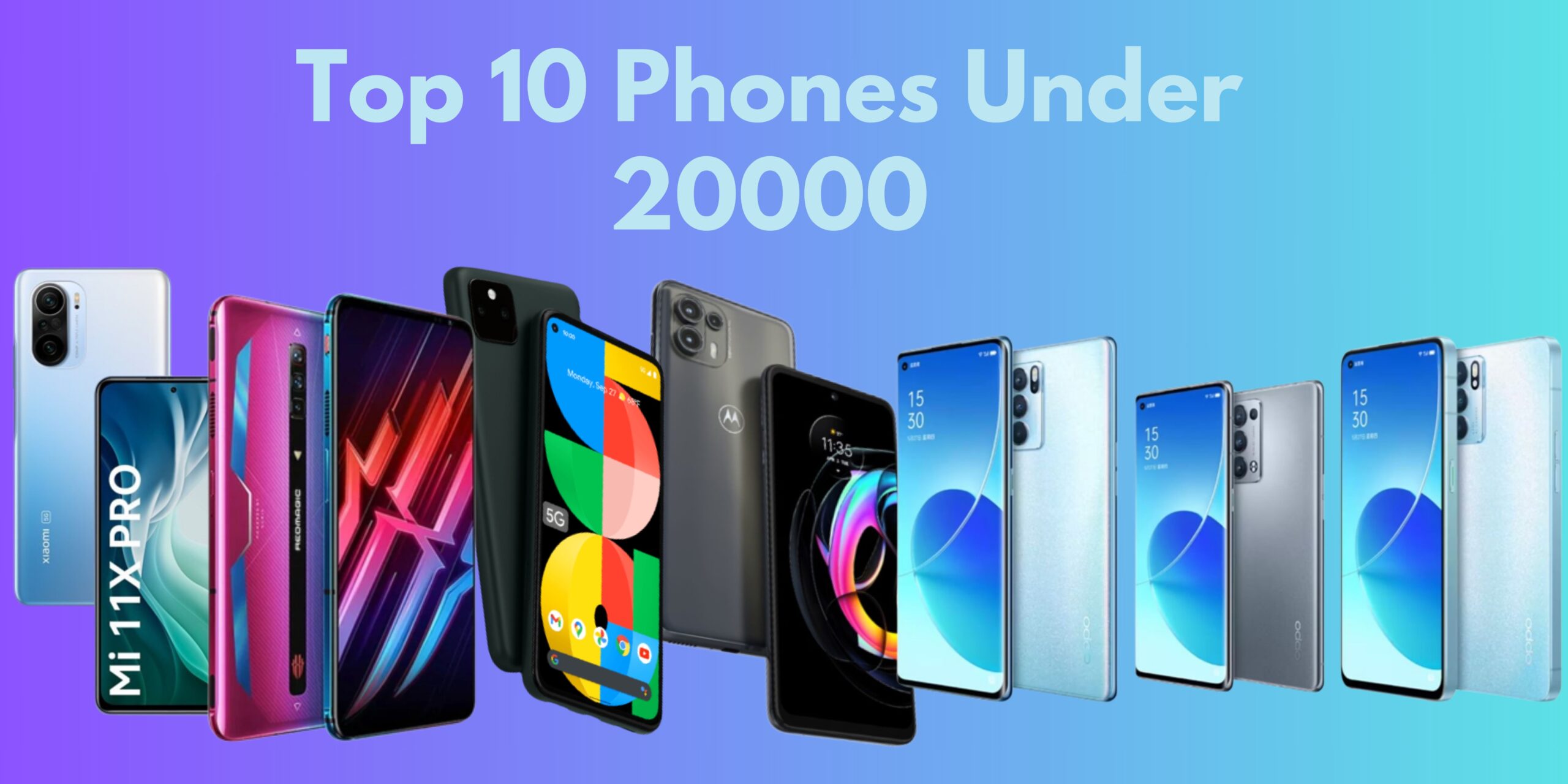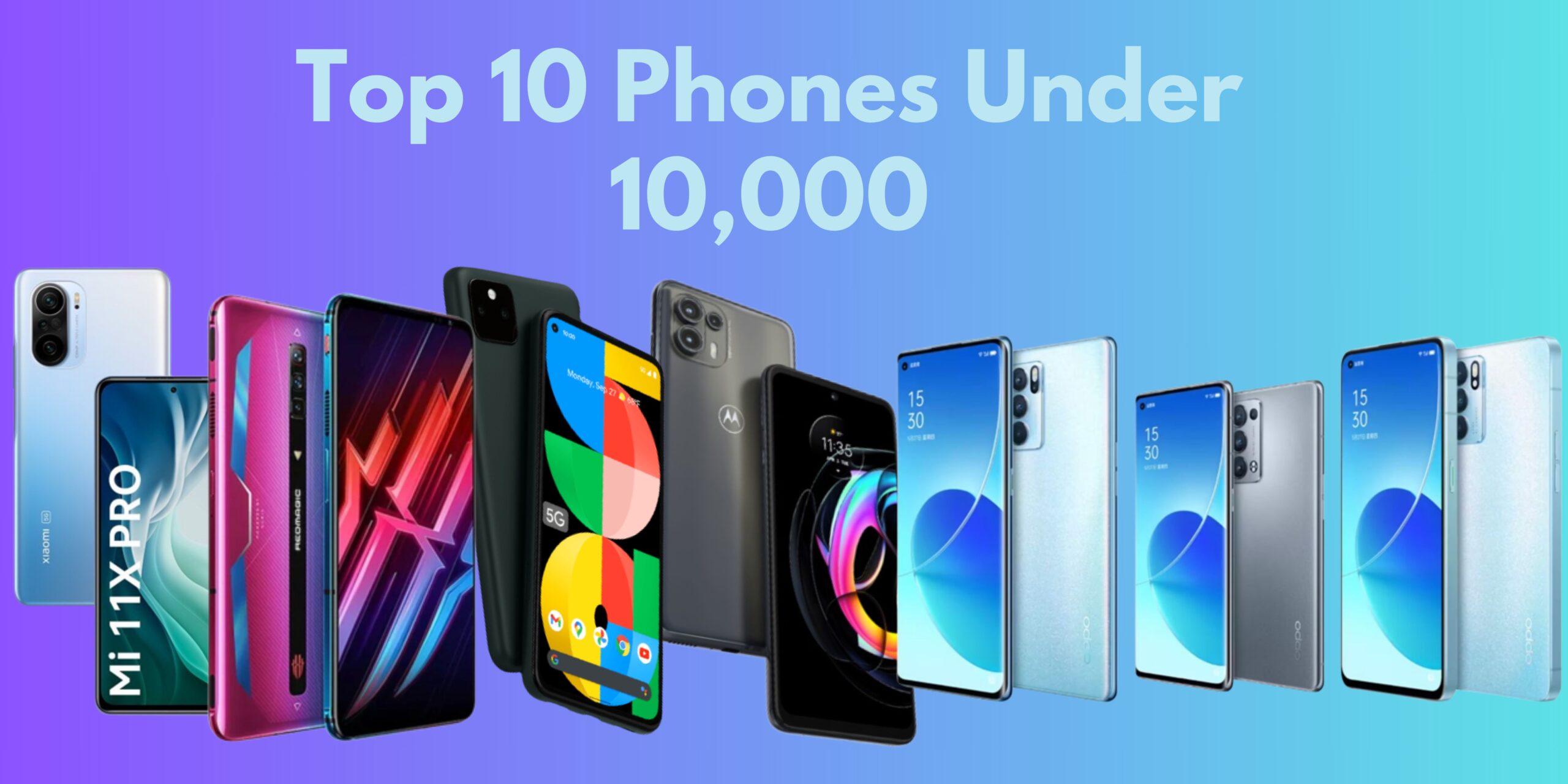Social Media and Technology Trends
In the ever-evolving intersection of social media and technology, a plethora of trends are reshaping the way individuals connect, communicate, and engage with digital platforms. This article delves into the current trends, providing deep insights into the dynamic landscape that influences communication dynamics, business strategies, and societal interactions.
1. Video Dominance and Visual Immersion
Video content continues to assert its dominance across social media platforms, exemplified by the prevalence of short-form videos, live streaming, and interactive features. The visual storytelling landscape is evolving rapidly, with platforms like TikTok, Instagram Reels, and YouTube Shorts showcasing the growing appetite for visually immersive content experiences.
2. Ephemeral Content’s Allure
Ephemeral content, epitomized by stories on platforms like Instagram, Snapchat, and Facebook, has not only become a staple but has also captured the imagination of users. The ephemeral nature of these posts, coupled with the essence of FOMO (Fear of Missing Out), fosters a sense of urgency and drives heightened user engagement. This transient storytelling format has transformed how users share and consume content.
3. Social Commerce Revolution
Social media platforms are metamorphosing into fully-fledged shopping destinations through the seamless integration of social commerce features. In-app purchases, shopping tags, and integrated e-commerce functionalities redefine the user journey by merging social interaction with online shopping experiences. Brands are capitalizing on the immersive nature of these platforms to create a seamless shopping experience for users.
4. Augmented Reality (AR) Transformations
The integration of augmented reality experiences is increasingly shaping user interactions on social media. Filters, effects, and lenses on platforms like Snapchat and Instagram offer users the ability to transform their visual content, ushering in a new era of creative expression and engagement. This not only enhances individual creativity but also provides brands with innovative ways to connect with their audiences.
5. Influencer Marketing Maturation
Influencer marketing has evolved into a sophisticated industry, with brands strategically collaborating with influencers across diverse niches. While authenticity and relatability remain pivotal, the emphasis is shifting towards cultivating genuine connections, marking a maturation in marketing strategies. The evolving landscape requires influencers and brands to forge long-term partnerships that resonate authentically with their shared audience.
6. Social Audio’s Emergence
The emergence of social audio platforms, including Clubhouse and Twitter Spaces, represents a paradigm shift towards voice-centric interactions. Real-time conversations, panel discussions, and networking through voice underscore a novel and immersive social experience. The rise of social audio not only provides users with an alternative medium for interaction but also offers businesses new avenues for brand voice and engagement.
7. Privacy Focus and Data Protection
Growing concerns about privacy and data protection are influencing social media trends. Users are increasingly mindful of how their data is utilized, prompting platforms to implement enhanced privacy features, transparency tools, and robust data protection measures. The focus on user data privacy has become a critical aspect of platform design and user trust.
8. Niche Communities and Micro-Influencers’ Ascension
The rise of niche communities caters to users seeking specialized content and discussions. Concurrently, micro-influencers, with smaller but highly engaged audiences, have become valuable allies for brands aiming to target specific demographics effectively. This trend emphasizes the significance of personalized and community-driven content over mass appeal.
9. Social Responsibility and Activism Amplification
Social media is evolving into a platform for social responsibility and activism. Users and brands leverage their influence to raise awareness about social issues, support charitable causes, and drive positive societal change. The amplification of social responsibility not only resonates with users but also establishes brands as socially conscious entities.
10. AI and Chatbot Integration
The integration of artificial intelligence (AI) and chatbots is transforming user experiences on social media. AI algorithms curate personalized content feeds, while chatbots provide instant customer support, streamlining communication between businesses and users. This level of automation not only enhances user satisfaction but also allows brands to provide efficient and personalized services at scale.
11. Hybrid Experiences and Virtual Events
The era of virtual events, accelerated by the COVID-19 pandemic, has ushered in a new normal. Even as in-person gatherings resume, the trend of hybrid events—combining virtual and physical experiences—offers broader accessibility and engagement options. This hybrid model is likely to persist, providing a flexible approach that accommodates diverse audience preferences and global accessibility.
12. Short-Form Educational Content’s Surge
Educational content in bite-sized formats gains traction, leveraging platforms like TikTok and Instagram. This trend makes learning more accessible, engaging, and tailored to the preferences of younger audiences. The surge in short-form educational content not only transforms how information is disseminated but also aligns with the changing attention spans of modern audiences.
13. Mental Health and Well-being Emphasis
Recognizing the impact of social media on mental health, platforms introduce features promoting well-being. Tools for managing screen time, content warnings, and mental health resources support users in maintaining a healthy digital balance. The emphasis on mental health reflects a broader awareness of the platform’s influence on users’ well-being and aims to foster a more positive and mindful online environment.
14. Virtual Reality’s Integration
Virtual reality (VR) is making significant strides in social media, enhancing experiences with immersive VR content. From virtual events to storytelling, VR adds a new dimension to presence and connectivity in the digital space. The integration of VR not only provides users with unique and immersive experiences but also opens up new possibilities for brands to create memorable and impactful campaigns.
15. Personalized Content Recommendations
Advanced algorithms drive content personalization, analyzing user preferences, behaviours, and interactions. Social media platforms deliver tailored content, ensuring a more engaging and relevant user experience. The emphasis on personalized content recommendations reflects a commitment to enhancing user satisfaction, retention, and the overall quality of the user journey.
The unfolding narrative at the crossroads of social media and technology paints a picture of constant innovation, shaping how individuals, businesses, and societies interact in the digital sphere. As these trends propel us forward, adaptation remains pivotal for staying relevant and fostering meaningful connections. The future promises continued innovation, erasing boundaries between physical and digital realms, and creating opportunities for transformative communication, collaboration, and community-building on an even more expansive scale.


